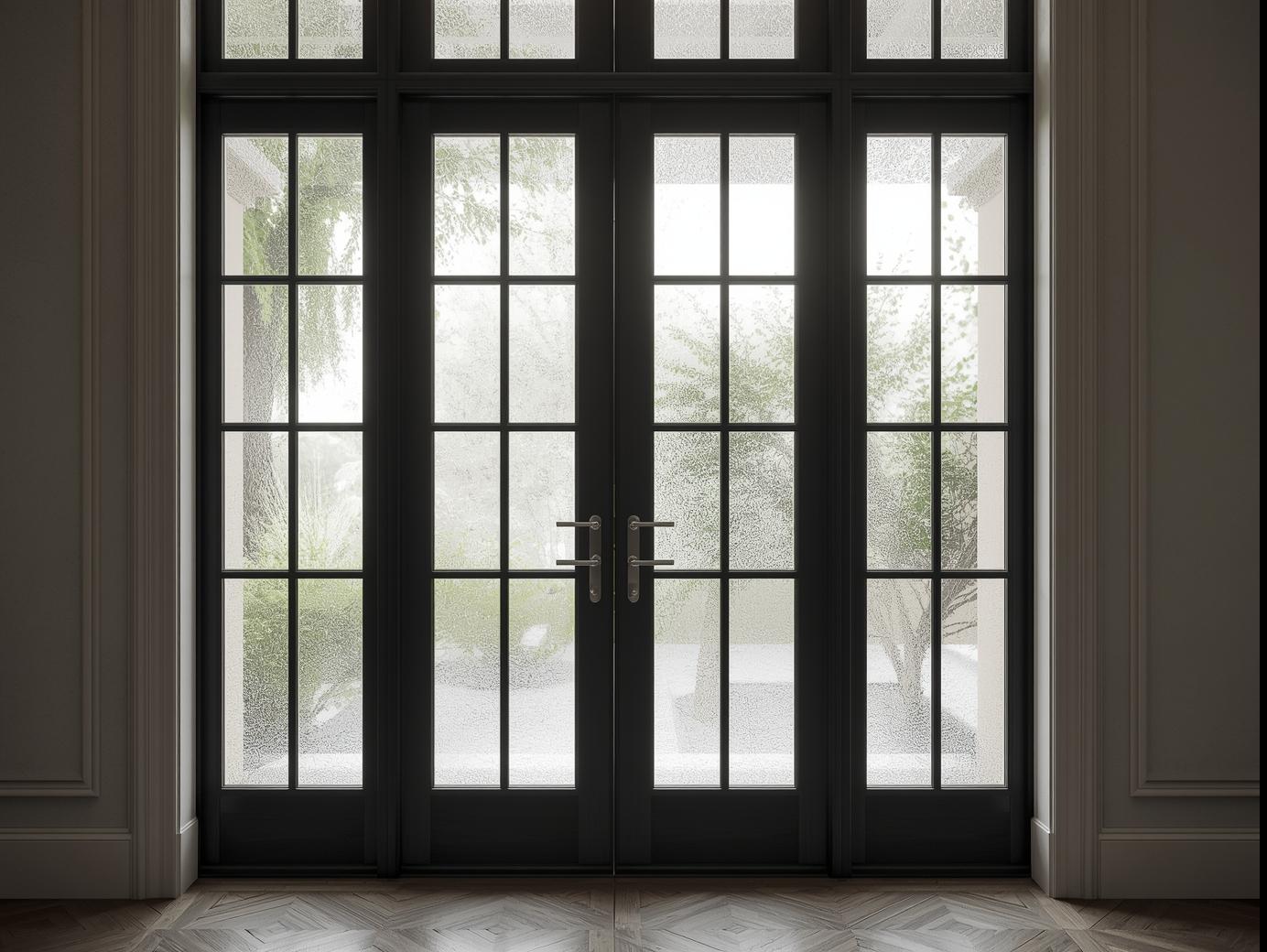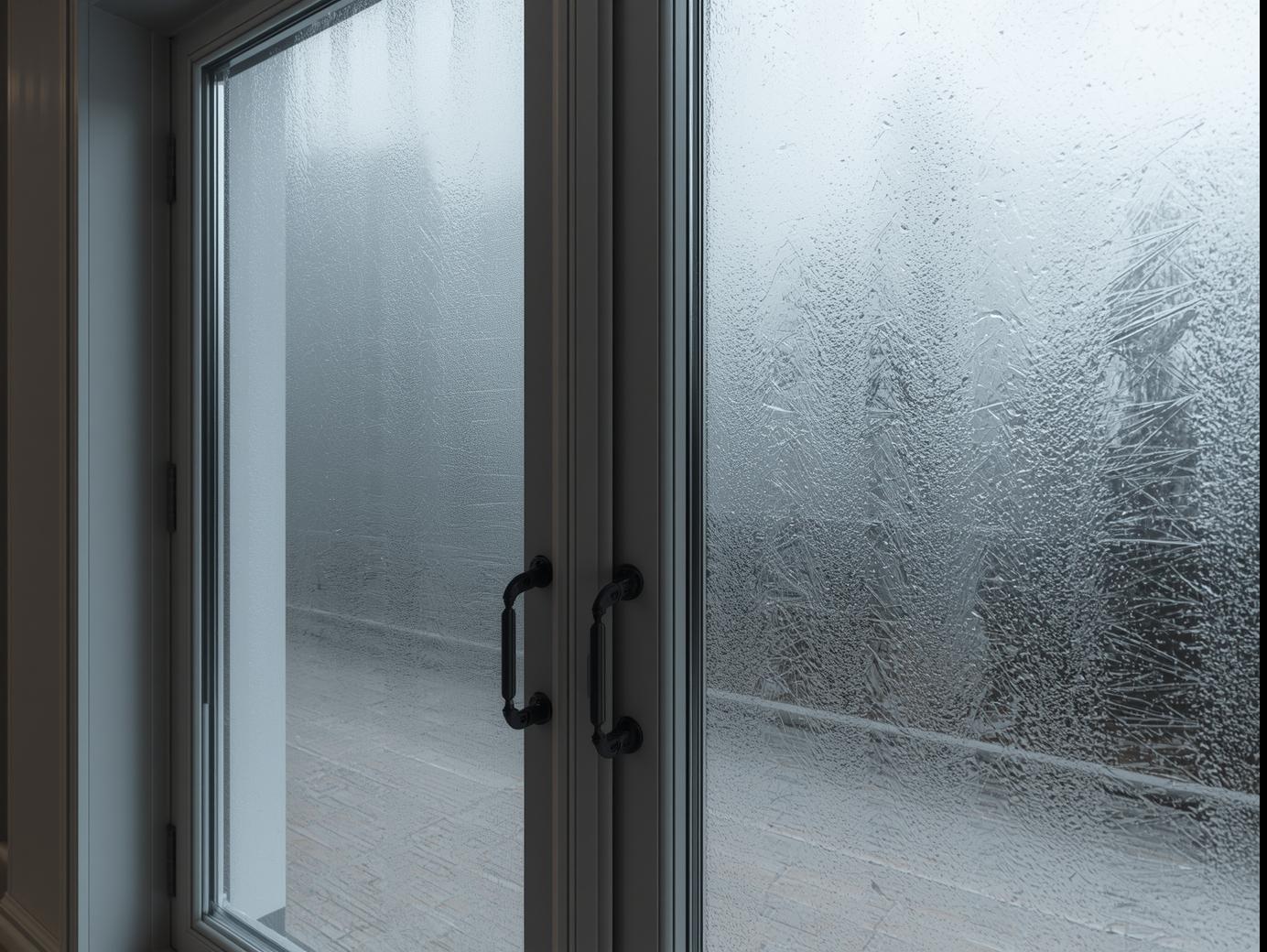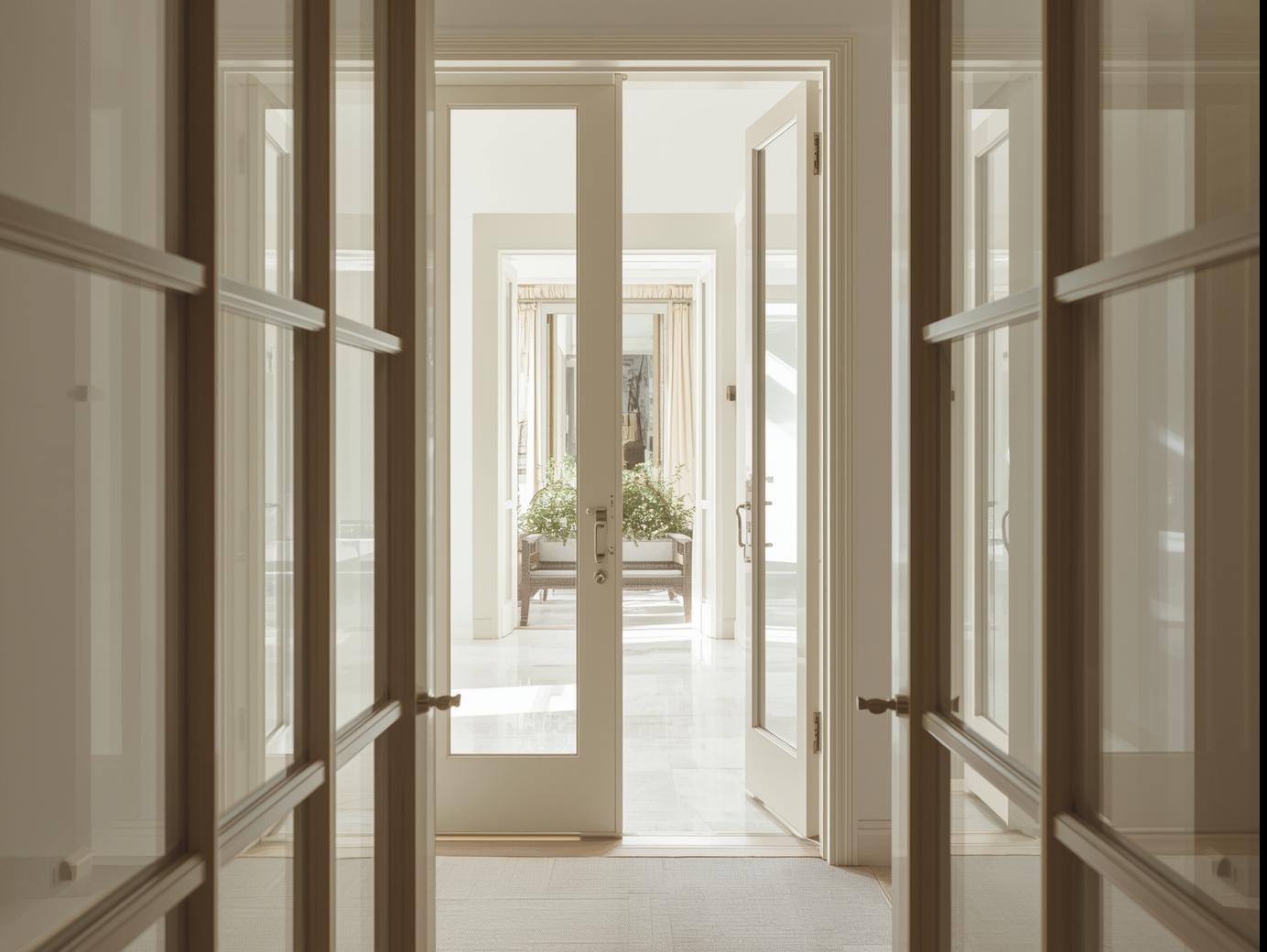About Us
- All
- Product Name
- Product Keyword
- Product Model
- Product Summary
- Product Description
- Multi Field Search
Views: 0 Author: VIGORAWINDOWS Publish Time: 2025-09-08 Origin: Site








In modern architectural design, French doors are a common design choice in both residential and commercial buildings due to their elegant appearance and excellent daylighting performance. However, every product has its advantages and limitations, and French doors are no exception. For overseas distributors, it is essential to understand their potential drawbacks before deciding whether to buy French door or purchase in bulk from a french door supplier.
French doors adopt a large glass panel design, which greatly increases indoor visibility and can easily lead to privacy leakage. In areas with poor public security, this type of door is more likely to become a target for burglary. According to data from the U.S. National Crime Prevention Council, glass doors are more likely to be damaged than solid doors, which is one of the points that must be considered in the residential market.
Distributors can advise customers to use thickened tempered glass or multi-point locking systems to improve overall security. For clients who require custom French door, choosing higher-grade security hardware and glass materials is an effective solution.

Because French doors often use a double-opening design, they contain more gaps, and if the sealing is not handled properly, it can easily cause air leakage and increased energy consumption. According to research by the U.S. Department of Energy, doors and windows account for about 25%–30% of residential energy consumption. Poorly sealed French doors directly affect heating and cooling costs.
In addition, French doors have a larger glass area, which increases the frequency of cleaning and maintenance. For distributors, this is worth mentioning to customers and recommending French door design using thermal break aluminum or UPVC frames, which can effectively improve energy performance.

When French doors are opened, they require a larger inward or outward swing space, which is not friendly for small apartments or narrow passageways. In contrast, sliding doors save more space. For commercial projects or compact residences, this design disadvantage may become an important factor during purchasing decisions.
As a french door company or supplier, guiding customers to choose products according to space conditions is a key step in winning the trust of distributors. For example, in villas, balconies, or garden exits, French doors can fully demonstrate their aesthetic and daylighting advantages. However, in limited spaces, sliding doors or folding doors are recommended as alternatives.

For overseas distributors, the disadvantages of French doors do not mean that they cannot be promoted. On the contrary, as long as customized solutions can be provided according to customer needs, they can still form strong competitiveness. As a professional french door supplier, VIGORAWINDOWS provides French doors with aluminum alloy and UPVC frames, which not only have price advantages but also support customization in various sizes and glass configurations, helping distributors meet the diverse needs of different markets.
For example:
Markets with high security requirements → recommend tempered glass + multi-point lock French door design
Markets with high energy efficiency requirements → recommend thermal break aluminum French door systems
Small-space markets → recommend a combination of French doors and sliding doors for sales
This flexible product portfolio is exactly the added value that distributors need when expanding their markets.

Overall, the disadvantages of French doors are mainly concentrated on security, energy efficiency, and space usage. But these problems are not unsolvable; they can be optimized through proper design and high-quality supply chains. For overseas distributors, cooperating with manufacturers like VIGORAWINDOWS ensures product quality while also gaining advantages in customization and pricing, helping distributors enhance competitiveness in their local markets.
References:
National Crime Prevention Council – Research on glass doors being more prone to damage (https://www.ncpc.org/)
U.S. Department of Energy – Data on doors and windows energy consumption (https://www.energy.gov/)